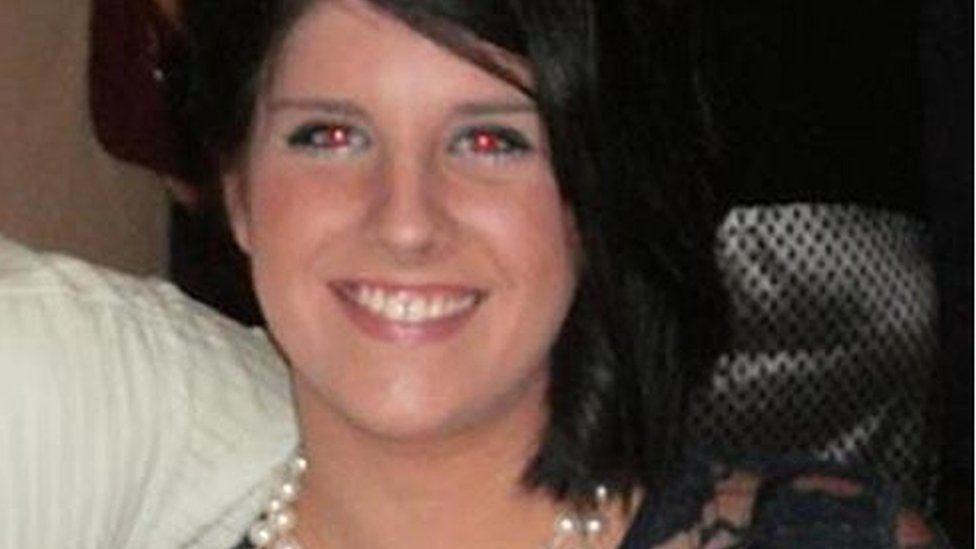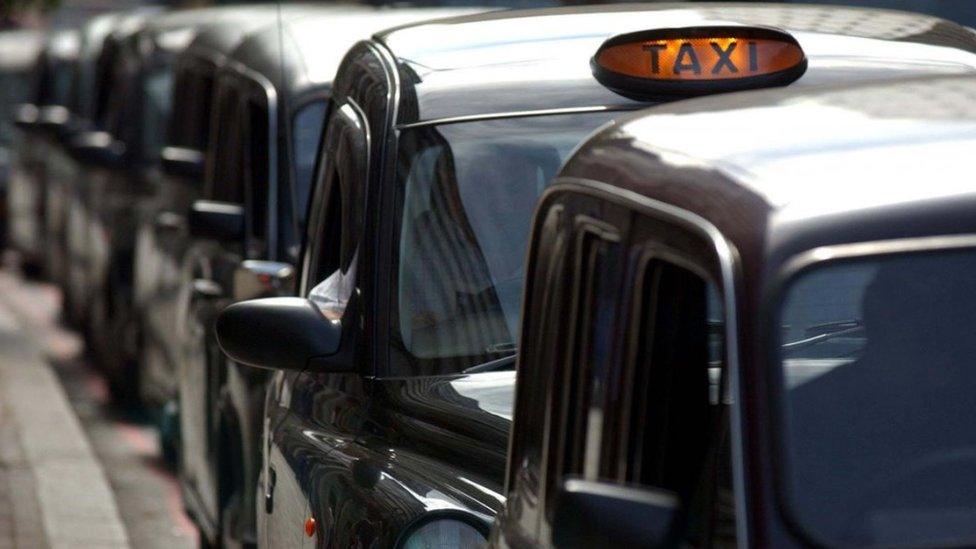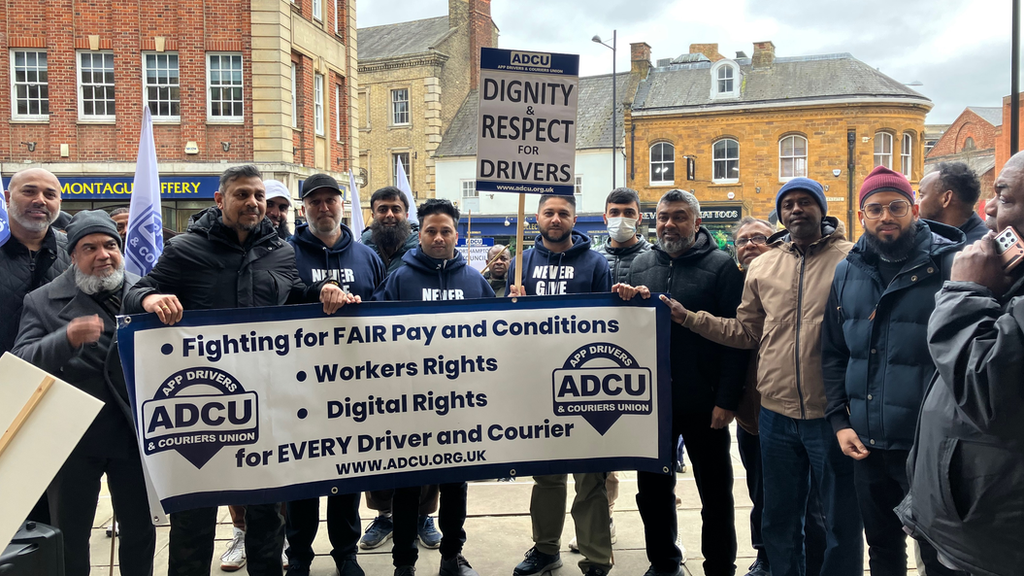Tougher licensing rules for taxi drivers come into force
- Published

Sian O'Callaghan was murdered by taxi driver Christopher Halliwell in 2011
Tougher rules for taxi and private hire drivers will be introduced in England in a bid to make passengers safer.
Drivers who lose their licence in one region will be prevented from applying to other local authorities without informing them of their history.
Three out of four councils use the national database system voluntarily, but it becomes mandatory from Thursday.
The family of Sian O'Callaghan, 22, who was murdered by a private hire driver in 2011, have welcomed the change.
'Drastic improvement'
They said in a statement: "To see this law being implemented and rolled out today across all local authorities is testament to Sian, it was in her nature to help others and this means so much to us personally.
"Her name is now linked to a drastic improvement in passengers' safety within taxis and PHVs, whilst also better protecting hard-working, law-abiding drivers themselves."
Ms O'Callaghan was killed by Christopher Halliwell after getting into his taxi to leave a nightclub in Swindon.
Her family has been working with personal safety charity, the Suzy Lamplugh Trust, in calling for the establishment of a national database.
Transport secretary Mark Harper said the change would weed out drivers who may pose a risk.

Transport Secretary Mark Harper said the safety of passengers, especially women and girls, "is paramount"
"The safety of passengers, especially women and girls, is paramount.
"While the vast majority of drivers are hardworking and honest, we're taking steps to remove the few who abuse their position and pose a risk to passengers."
The database, hosted by the National Anti-Fraud Network, records all instances where taxi and private hire vehicle (PHV) driver licences have been suspended or revoked.
It also notes when applications have been refused on safeguarding or road safety grounds.
Mandating use of the database comes under the Taxis and Private Hire Vehicles (Safety and Road Safety) Act 2022.
Steve Wright, who chairs the Licensed Private Hire Car Association, a trade body representing operators, said it would "prevent the unacceptable movement from one authority to another of those who are unfit to be in the sector".

Drivers who apply for private hire or taxi licence will be checked on a national database from Thursday
Examples where the database has successfully flagged an issue include a case in Luton where a driver failed to disclose that they had previously had a licence removed over safeguarding concerns.
Their application was rejected as a result.
In another case, someone who had previously assaulted another taxi driver in Southampton was prevented from regaining a licence in nearby Winchester.
Suky Bhaker, chief executive of personal safety charity the Suzy Lamplugh Trust, described the new requirement as a "milestone".
She continued: "We hope this important step will pave the way to introducing a single consolidated legislative framework throughout England and Wales outlining clear and specific minimum standards for licensing taxi and private hire vehicle drivers to ensure consistency across all licensing authorities."

Related topics
- Published23 February 2023

- Published30 July 2022

- Published6 April 2022

- Published19 March 2021
